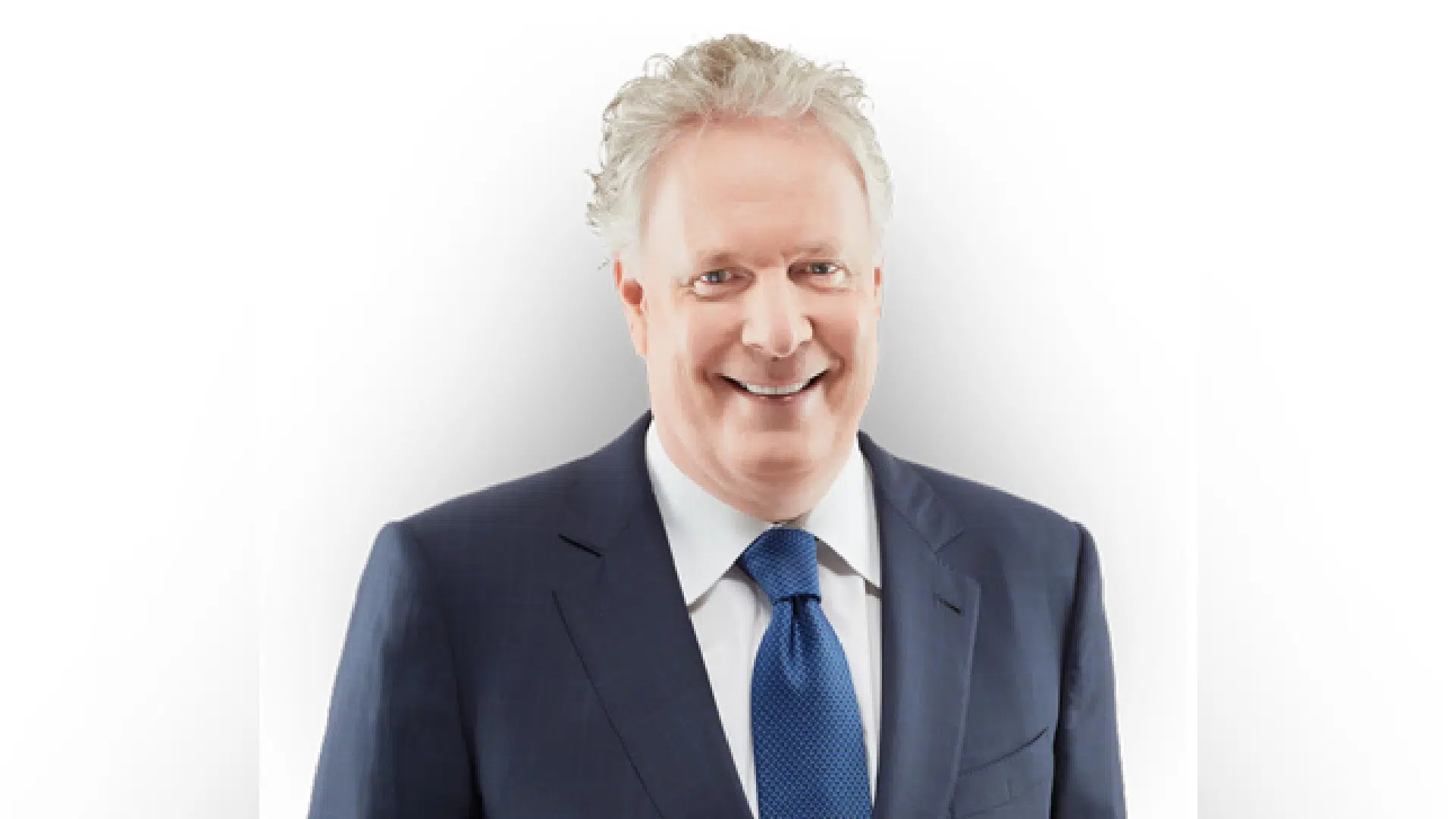With just over five months until federal Conservative Party members vote for a new leader, and 10 candidates in the running, Jean Charest has emerged as someone to watch.
With a long political career behind him, Charest came out of retirement to “unite” the fractured federal Conservatives.
“I’m going to focus on one thing: the country; uniting the country; uniting the party,” Charest said in an interview with our newsroom. “When we do that – I know because I’ve been there – then Canada can get big things done.”
Charest became leader of the federal Progressive Conservative Party in the early 1990s and was a key player on the federal side in the 1995 sovereignty referendum. In 2003, he was elected premier of Quebec as leader of the provincial Liberal Party. He served in that role until 2012.
He announced he was vying for the leadership after several Conservatives and senators courted him with an open letter in which they asked him to return to politics, calling him “tailor-made” for the job of uniting the party.
Defense promises
During his Nova Scotia tour this week, Charest laid out how a government run by him would increase spending for the military and veterans.
He’s promised defense policies such as:
- Introducing a Canadian Armed Forces Service Benefits Act and restoring the pre-2006 Pension Act Benefits System in collaboration with veterans advocates and associations. This thorough review with veterans will also keep modernized programs and services implemented since 2006 into the previous Pension Act framework a Charest government will re-establish.
- Increasing our military spending to 2% of GDP and building up our strength to 75,000 Regular Force and 50,000 Reserve personnel and expanding the training system to get the CAF to that target
- Fixing our procurement model and getting the right equipment to the right people
- Making significant investments in Cyber Security and undertaking an integrated Foreign Policy and Defence Review
- Accelerating and funding safeguards and due process within our Army, Royal Canadian Navy, and Royal Canadian Air Force to be safe and desired workplaces for female, minority, and LGBTQ+ personnel
In addition, Charest proposed several other plans.
“What I also want to do is add benefits [for veterans] that would include, low-cost mortgages, loans for those that want to start or expand a business, education grants for those looking to retrain.”
‘Every project will be judged on its merit’
Charest wouldn’t rule out bringing back the Energy East pipeline, a project that was scrapped in late 2017.
“The last pipeline done in Quebec was done under my government,” Charest says. “So, I’m favourable to pipelines and every project will be judged on its merit.
Energy East was a planned 4,600 kilometre pipeline. The project would have seen 3,000 km of already existing pipelines converted from carrying liquid natural gas to carrying diluted bitumen – a semi-solid petroleum product.
The pipeline route would have run from Alberta to New Brunswick, crossing through Saskatchewan, Manitoba, Ontario, and Quebec.
A crowded race
Of the 10 candidates in the race, Charest and Ontario MP Pierre Poilievre are the two perceived frontrunners.
Conservative Party members will vote on a new leader on Sept. 10.




